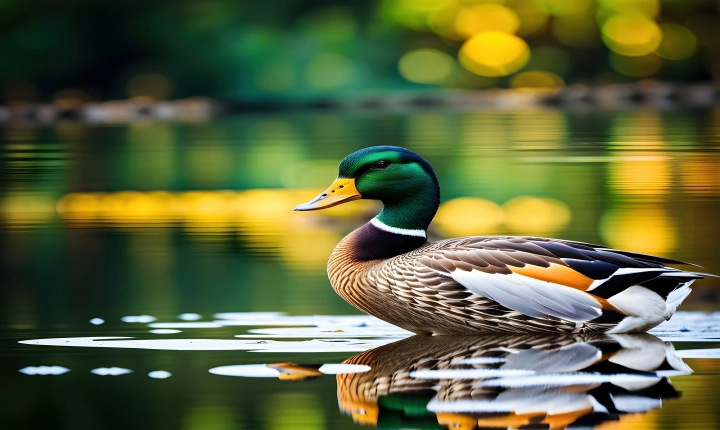Is Artificial Intelligence (AI) Copyrighted?
The growing influence and impact of artificial intelligence (AI) have raised various legal and ethical questions, one of which is whether AI itself can be copyrighted. The issue is complex and multifaceted, touching on aspects of ownership, authorship, and originality.
At its core, copyright law seeks to protect the expression of creative ideas. This typically encompasses works produced by human beings, such as literature, music, and visual arts. However, as AI becomes increasingly capable of generating original and innovative works, the question of copyright ownership becomes more pertinent.
One of the fundamental criteria for copyright protection is that the work must be the product of human creativity. This raises the question: can a work created by AI be considered as a product of human creativity? In cases where AI autonomously generates a piece of music, a work of art, or even a piece of written content, it challenges the conventional understanding of authorship and human creativity.
Some argue that the creators or operators of the AI system should be considered as the authors of the work, and therefore, should hold the copyright. This approach places the emphasis on the human ingenuity involved in designing, training, and implementing the AI system. It posits that the AI itself is merely a tool, albeit a powerful and complex one, employed by humans to create artistic or intellectual content.
On the other hand, there is a counter-argument that the AI system itself should be recognized as the creator of the work, and thereby be entitled to copyright protection. This perspective argues that AI, through its learning algorithms and ability to generate new and unique outputs, can demonstrate a level of creativity that should be acknowledged and protected. It suggests that denying AI copyright protection undermines the potential of AI to contribute to the cultural and artistic landscape.
The legal landscape regarding AI and copyright is still evolving, with no universally accepted approach. Different jurisdictions may interpret and address the issue in various ways, adding to the complexity of the matter. For example, in the United States, the Copyright Office has stated that it will not register works produced by nature, animals, or plants, effectively excluding non-human entities from copyright protection. This stance implies that AI-generated works might similarly be excluded.
In the European Union, the situation is slightly different. The EU Copyright Directive, adopted in 2019, grants copyright protection to works created by “natural persons.” Despite this language, some member states have advocated for granting certain rights and protections to AI-generated works.
As the debate continues, there are potential implications for various stakeholders. Artists, creators, and developers working with AI must grapple with the uncertainty of their rights and the potential for their works to be reproduced or exploited without their consent. Meanwhile, the broader societal implications of AI-generated content have sparked discussions about how these works should be treated within the cultural and economic exchange of ideas and creativity.
In conclusion, the question of whether AI can be copyrighted remains unresolved and subject to ongoing debate. The intersection of AI and copyright law raises profound questions about the nature of creativity, authorship, and ownership in the digital age. As AI continues to advance, it is likely that lawmakers and legal systems will need to grapple with these issues to provide clarity and protection for all parties involved. Until then, the question of AI and copyright will continue to be a significant and evolving topic in the realm of intellectual property law.
